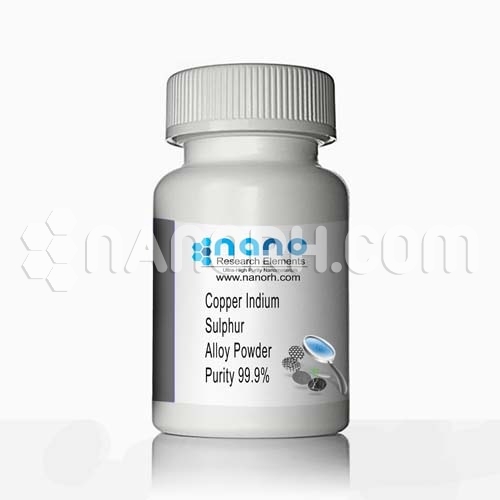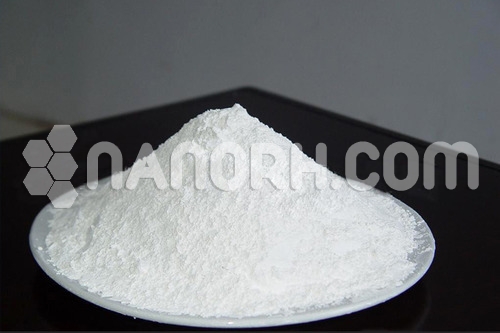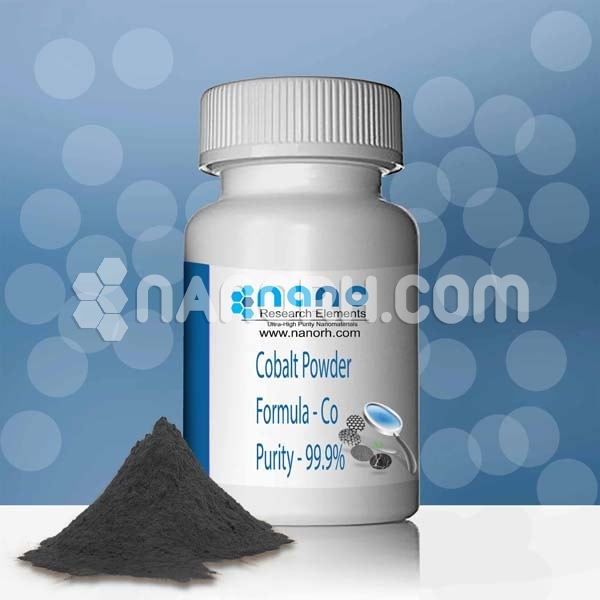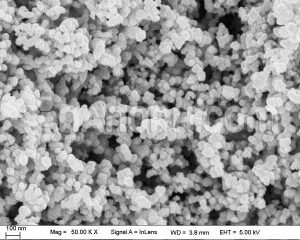| Copper Indium Sulphur Alloy Powder | |
| Product No | NRE-9006 |
| CAS No. | 7440-50-8 / 7440-74-6 / 7704-34-9 |
| Formula | Cu-In-S |
| Molecular Weight | 210.429 g/mol |
| APS | <40 um (Can be Customized) |
| Purity | 99.9% |
| Density | 1.5-1.8 g/cm³ |
| Color | Gray |
| Melting Point | 1145°C |
| Boiling Point | 1354°C |
Cu-In-S Alloy Powder
Applications
Thin-Film Solar Cells
Photovoltaic Industry: Cu-In-S alloys are widely used in thin-film solar cells as the semiconductor material. These thin-film solar cells are known for their lightweight, flexible, and efficient properties, making them ideal for both traditional and emerging solar power technologies. The Cu-In-S alloy allows for high solar energy conversion efficiency with reduced material usage compared to silicon-based solar cells.
The high optical absorption of Cu-In-S allows for efficient light harvesting, particularly in applications where space or material costs are limited.
Optoelectronics and Photodetectors
Cu-In-S alloys are used in optoelectronic devices such as photodetectors and photovoltaic devices. These materials are capable of converting light into electrical signals with high efficiency, making them useful in applications such as imaging systems, light sensors, and other devices that require efficient light-to-electricity conversion.
The tunable bandgap of Cu-In-S also makes it an ideal material for optoelectronic devices designed to operate across different light wavelengths.
Flexible Electronics
Cu-In-S alloys are being explored in flexible electronics, particularly for wearable devices and lightweight sensors. The alloy’s ability to be deposited as a thin film on flexible substrates allows the production of high-performance, bendable, and lightweight solar cells or electronic components.
This flexibility, combined with the high energy conversion efficiency, makes Cu-In-S an attractive material for flexible and portable solar-powered electronics.
Energy Storage Devices
Cu-In-S alloys are also being researched for use in energy storage systems such as batteries and supercapacitors, particularly in applications where the efficient conversion of light or energy storage in compact systems is essential. While still under investigation, Cu-In-S has the potential for enhancing battery technology by offering high energy density and long cycle life.
Photovoltaic Window Coatings
Cu-In-S-based thin films can be used for photovoltaic window coatings, where transparent solar energy collection is needed.




